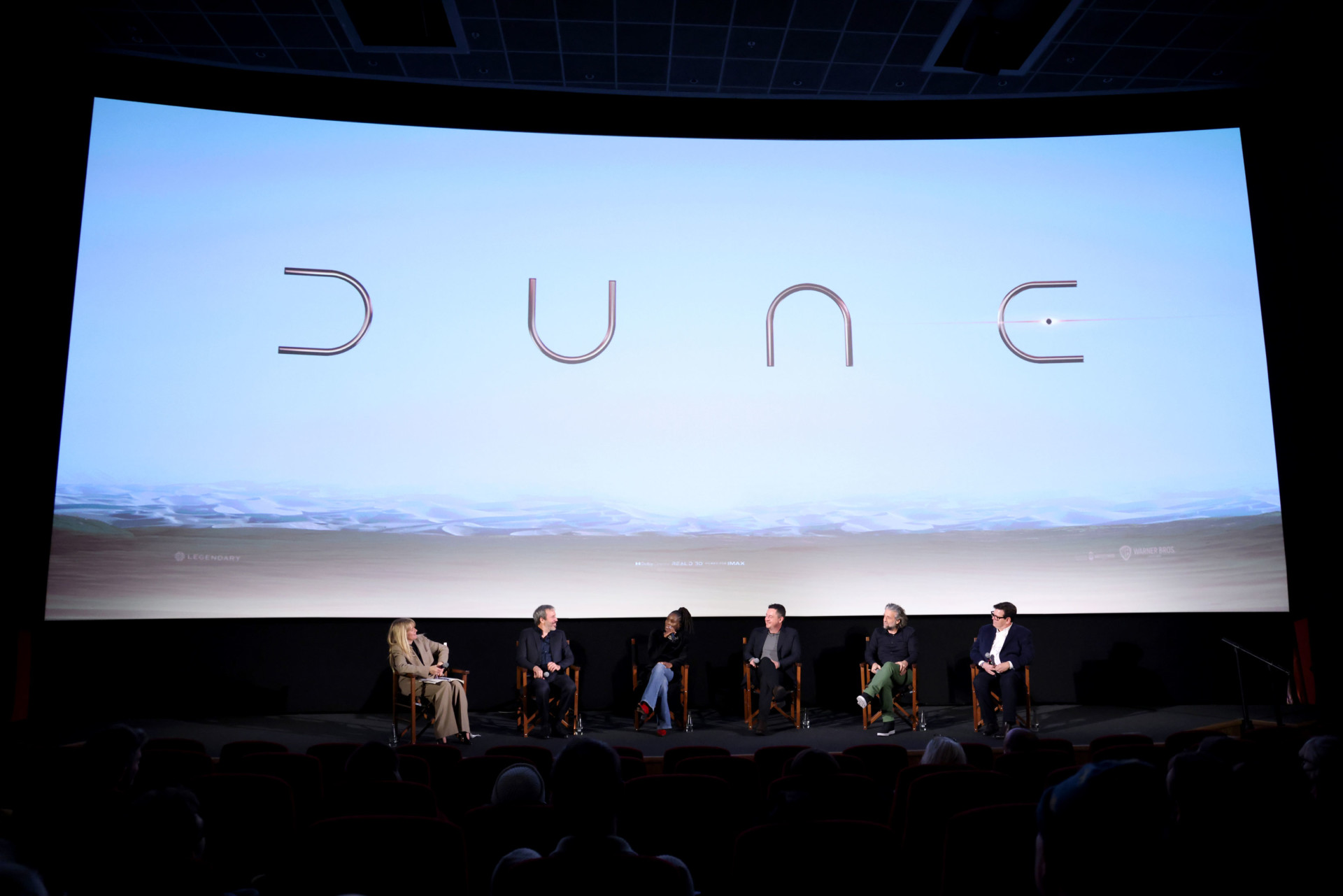Author and historian Haris Durrani speaks to New Lines’ Faisal Al Yafai about representation and religion in the classic sci-fi novel “Dune” and its recent film adaptation. With the distinctly Islamic far-future setting of the story, the film’s strong performance at last month’s Oscars has reinvigorated long-running debates about how non-Western cultures are portrayed on screen. Chief among these criticisms is the accusation that the lead character is glorified as a “white savior.”
Haris Durrani has a different reading. He contends that the story’s Islamic influences go deeper than mere set dressing and that despite its many issues, the story reflects a much more nuanced critique of colonialism and messianic authority — one deeply rooted in author Frank Herbert’s surprisingly sophisticated understanding of Muslim theology.
Yet still, Durrani says, there is a lot to criticize. He points out that despite the Middle East-inspired setting, none of the major characters is portrayed in the film adaptation by actors from Middle Eastern backgrounds. It’s symptomatic, he argues, of Hollywood’s long-running reliance on Orientalist tropes and preconceptions. But a new generation of Muslim science fiction writers may be poised to finally change that.
Produced by Maggie Martin


